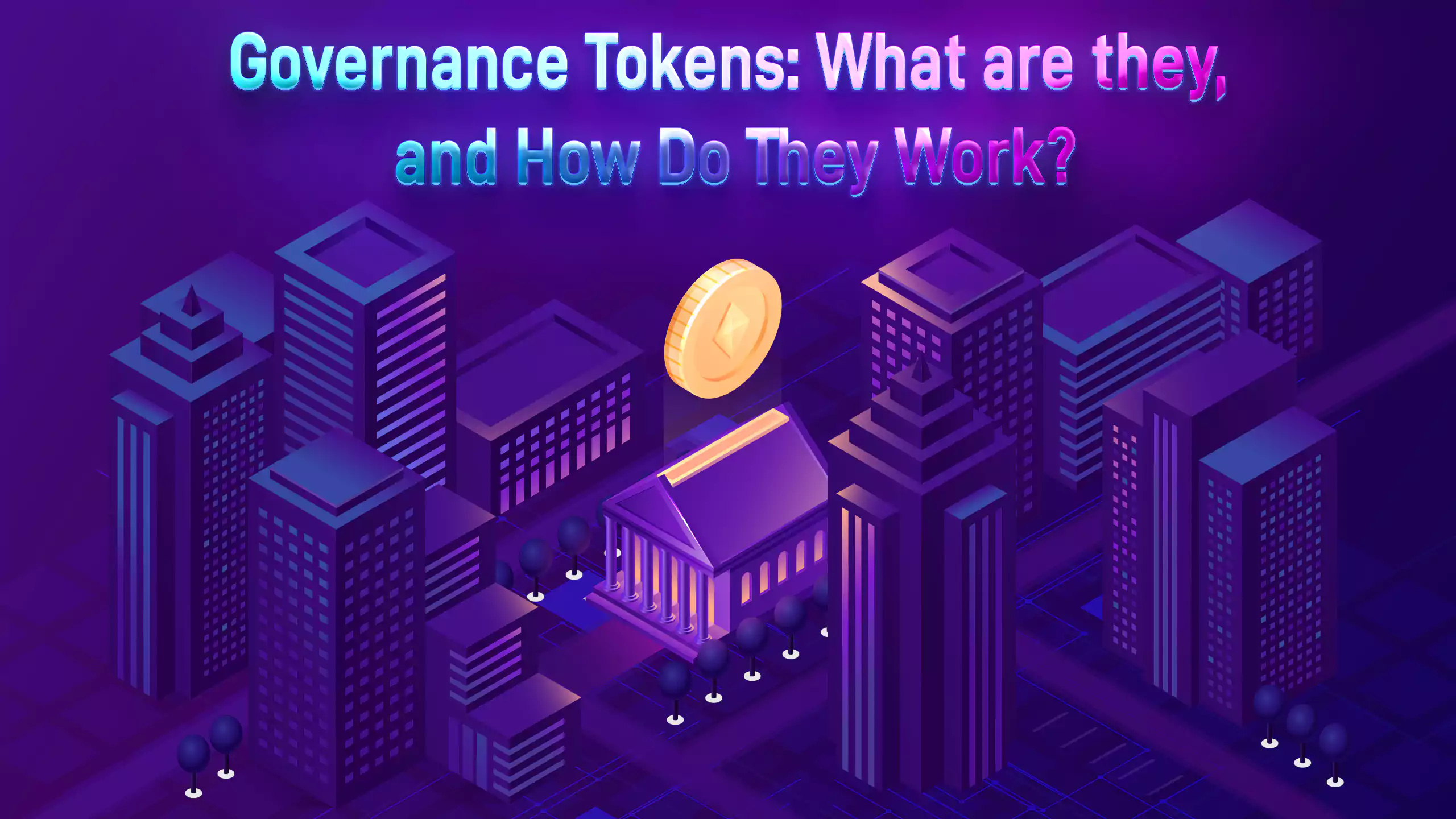Governance tokens enable users to participate more actively in managing decentralized projects.
Governance tokens are the basis for establishing decentralized governance in decentralized autonomous organizations (DAOs), Defi projects, and decentralized applications (DApps). Governance tokens are often awarded to users who have contributed significantly to the community or demonstrated loyalty. Then vote on critical issues to ensure projects move forward effectively. Generally, people vote with smart contracts, so the results are tabulated and enacted automatically. Each project has its own governance token rules.
They are distributed to the stakeholders using various calculation methods, including the founding team, investors, and users.
Some governance tokens only vote on a limited set of governance issues, while others vote on everything from development updates to smart contract reviews. Similarly, some governance tokens can generate financial returns; others do not. The Ethereum-based DAO MakerDAO was one of the first issuers of government tokens. MakerDAO’s stablecoin is called Dai (DAI goes down $1.00), while Maker (MKR Ticker down$918) Token holders govern the protocol themselves. One token equals one vote, and decisions with the most votes are made.
MKR token holders vote on issues, fees, rules, and team member appointments. Ultimately, the goal is to maintain DAI’s stability, transparency, and efficiency. Another example of a protocol with a governance token is Compound, a Defi protocol that enables users to borrow or lend cryptocurrencies. The protocol has a governance token called Compound (COMP ticks $49.72) that token holders can use to decide on critical protocol-related matters.
Users’ number of COMP tokens is based on their activity level within the Compound network. However, users who lend and borrow more frequently will be rewarded with more COMP tokens. The COMP token represents the equivalent of a vote in the Compound. In 2020, Compound relinquished control of the network management key, and the project is now entirely governed by its token holders with no other method of governance.
What is the distinction between governance and utility tokens?
Utility tokens are digital assets that can be used for a specific purpose, e.g., B. Payment of a fee or access to a product or service. Instead, governance tokens give the holder a say in the execution of the project. The purpose of a utility token is usually contained in the native blockchain network or crypto platform on which it was purchased. BNB (BNB tickers down$273) is an excellent example of a utility token. It is used on Binance to pay fees, vote on new token listings, and pay for tickets or “entry fees” for features like Binance Launchpad. The main difference is that utility tokens have no governance.
Utility tokens are an excellent option for many purposes, but governance tokens may be the best option in some cases. As mentioned above, governance tokens can also be used for staking and lending. This makes them more versatile than utility tokens, used mainly for transactions.
Are governance tokens valuable?
Governance tokens are powerful because they give the holders a say in the project’s development. In addition, governance tokens can improve organizational efficiency. As a result, the entire organization can become more efficient and successful.
In addition, government tokens have value and can be traded, redeemed, exchanged, staked, etc. They are also a great passive income opportunity.
For example, new blockchain games often offer early adopters the opportunity to use their governance tokens for game revenue. In this case, even if a governance token does not seem to have much value initially, it can have much more in the future.
A decentralized protocol may also increase the worth of its governance tokens by shopping for back tickets. This reduces the number of tokens in circulation, creating additional value.


